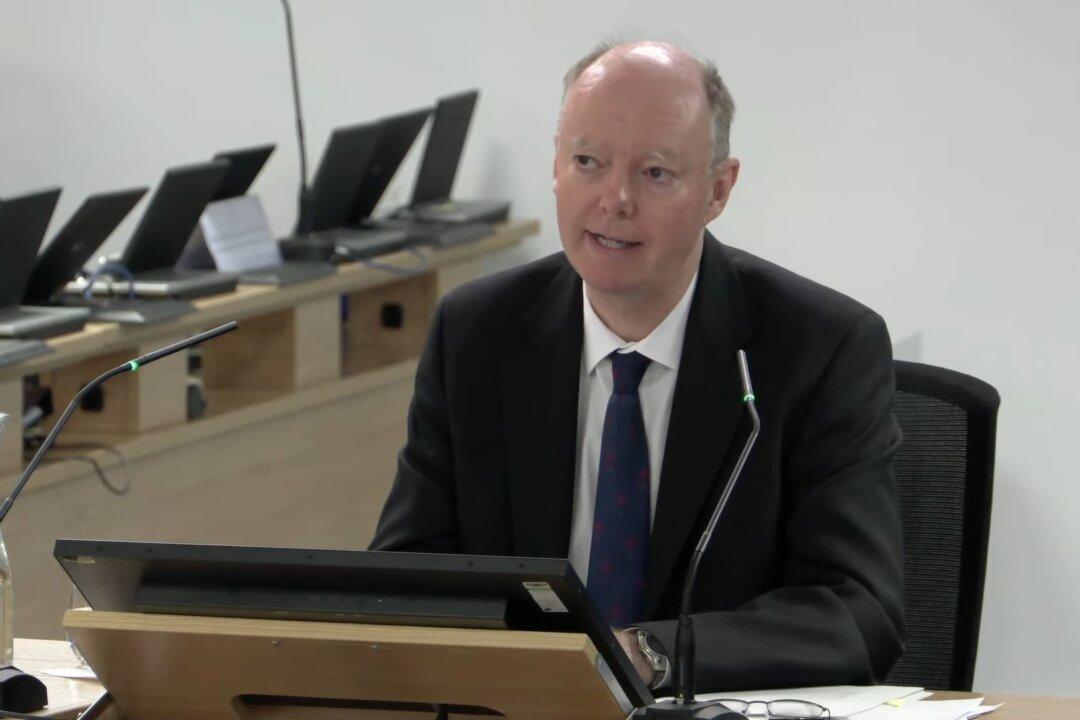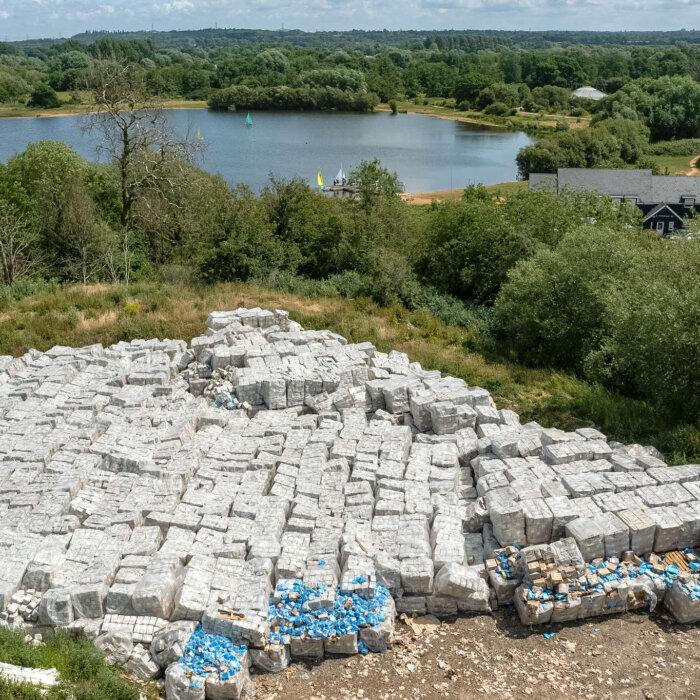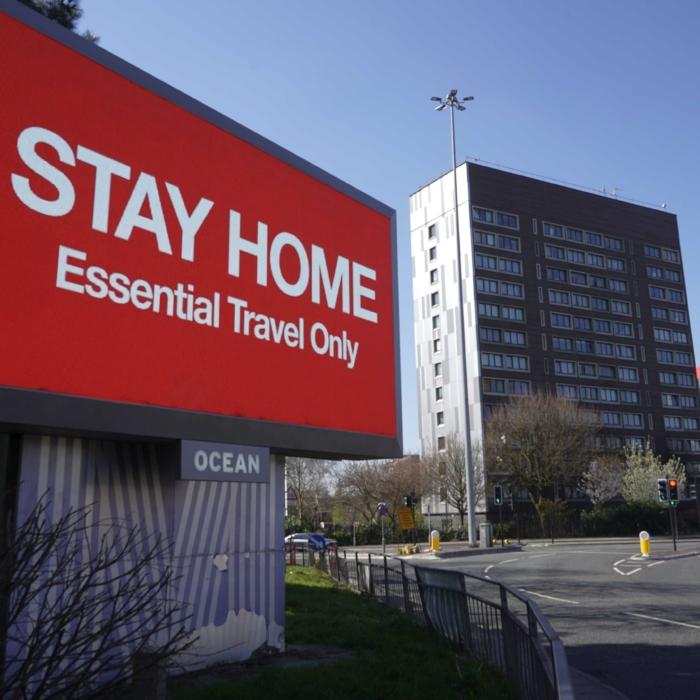Chief Medical Officer Sir Chris Whitty told the UK’s Covid-19 Inquiry that messaging at the start of the outbreak was “confused” and that it had been “a balancing act” between over-scaring people and getting them to take the situation “seriously enough.”
Giving evidence for several hours on Thursday, Whitty said he still worries about whether the government got the “level of concern” about the threat to the public right in March 2020, when the first, unprecedented lockdown was announced.
He told the inquiry, chaired by Baroness Heather Hallett, that if anything, the government’s scientific advisers “overdid it” at the beginning.
Whitty, who was knighted in 2022 for services to public health, said: “I was worried at the beginning. I still worry, actually in retrospect, about whether we got the level of concern right.
“Were we either over-pitching it so that people were incredibly afraid of something where, in fact, their actuarial risk was low, or we were not pitching it enough and therefore people didn’t realise the risk they were walking into.
“I think that balance is really hard, and arguably, some people would say we, if anything, we overdid it, rather than under, at the beginning.”
Whitty was giving evidence for module three of the inquiry, intended to explore the impact of COVID-19 on the health care system across the four nations of the UK.
He said there was “never going to be a perfect balance” in the messaging to the public, especially when telling people to stay home. He conceded the government may have failed to convey to people they should still go to the hospital for medical treatment.
‘Confused Messaging’
“I think the reason that it was confused was that it was not entirely clear who was ultimately responsible for making decisions in this fast-moving situation,” he said. “Quite a lot of people thought they were partially responsible, and that’s always an extremely difficult and dangerous situation to find yourself in.”Questioned on the decision to announce the first lockdown, ostensibly to protect the NHS, Whitty said said there was never a clear definition of what would count as “overwhelming” the health service, which he agreed was generally overburdened at any given time.https://img.theepochtimes.com/wp-admin/post.php?post=5730522&action=edit#
“The NHS continued to treat sick patients throughout. Actually there were more people in the hospital who did not have COVID than had it,” he told the inquiry.
“The NHS is under strain every year, even prior to COVID,” he added.
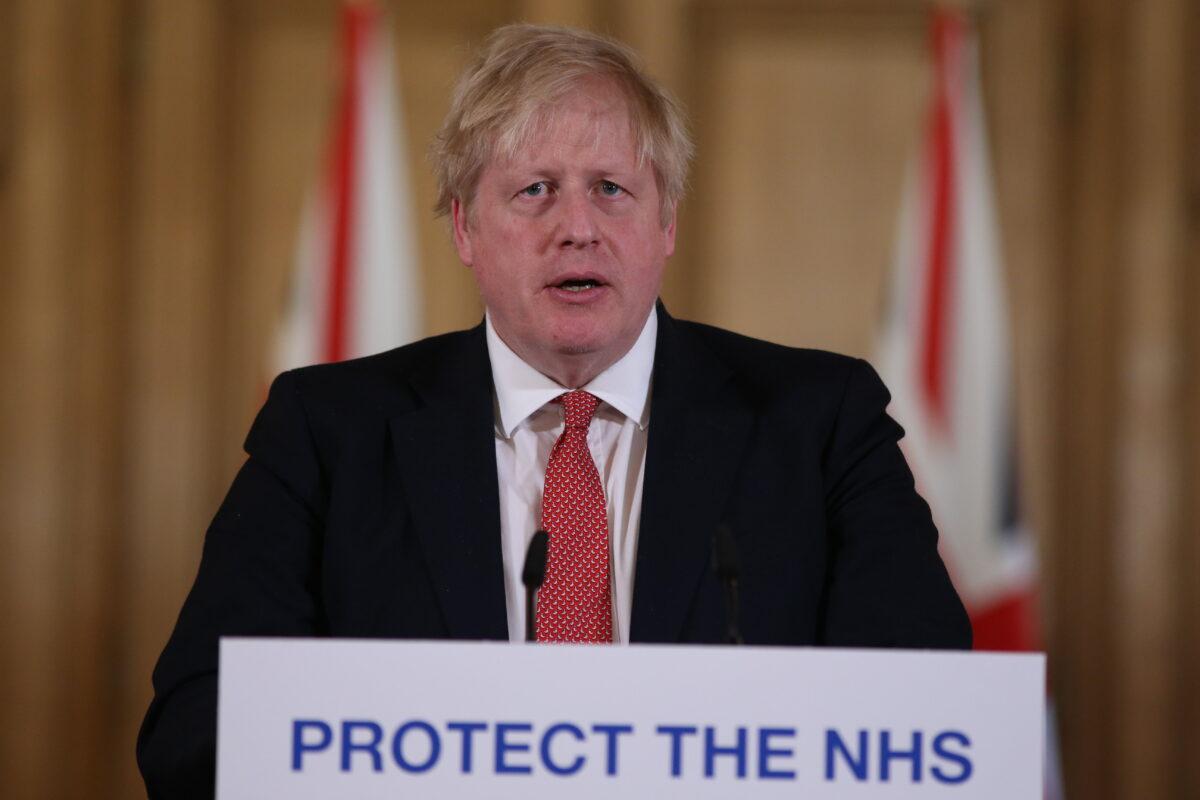
Whitty, who became a familiar face during the lockdowns through his frequent appearances alongside then-Prime Minister Boris Johnson, former Chief Scientific Adviser Sir Patrick Vallance, and other health officials, said the UK must be prepared for “a future pandemic.”
He warned: “We have to assume a future pandemic on this scale will occur. That’s a certainty.
“For the UK, not the world, this is a 100-year event because the last time there was something this big was 1919,” he added, referring to the Spanish flu pandemic.
Questioned on how the UK could better prepare for a future surge in hospital admissions, Whitty said it was a “political choice” to have “a very low ICU [intensive care unit] capacity” compared to similar high-income countries.
During his evidence, Whitty was not questioned about vaccine safety or efficacy—which a future module will examine—but said that “the way out of [lockdowns] was always going to be science in the end, as it was for this one with vaccines.”
He said the so-called “second wave” of the virus was “particularly harrowing,” but stated that the development of the jabs gave NHS staff “light at the end of a very long tunnel.”
Whitty said that if the vaccine had come six months later, the mortality rate would have been “much higher.” He was not challenged by lawyers for the inquiry on this claim.
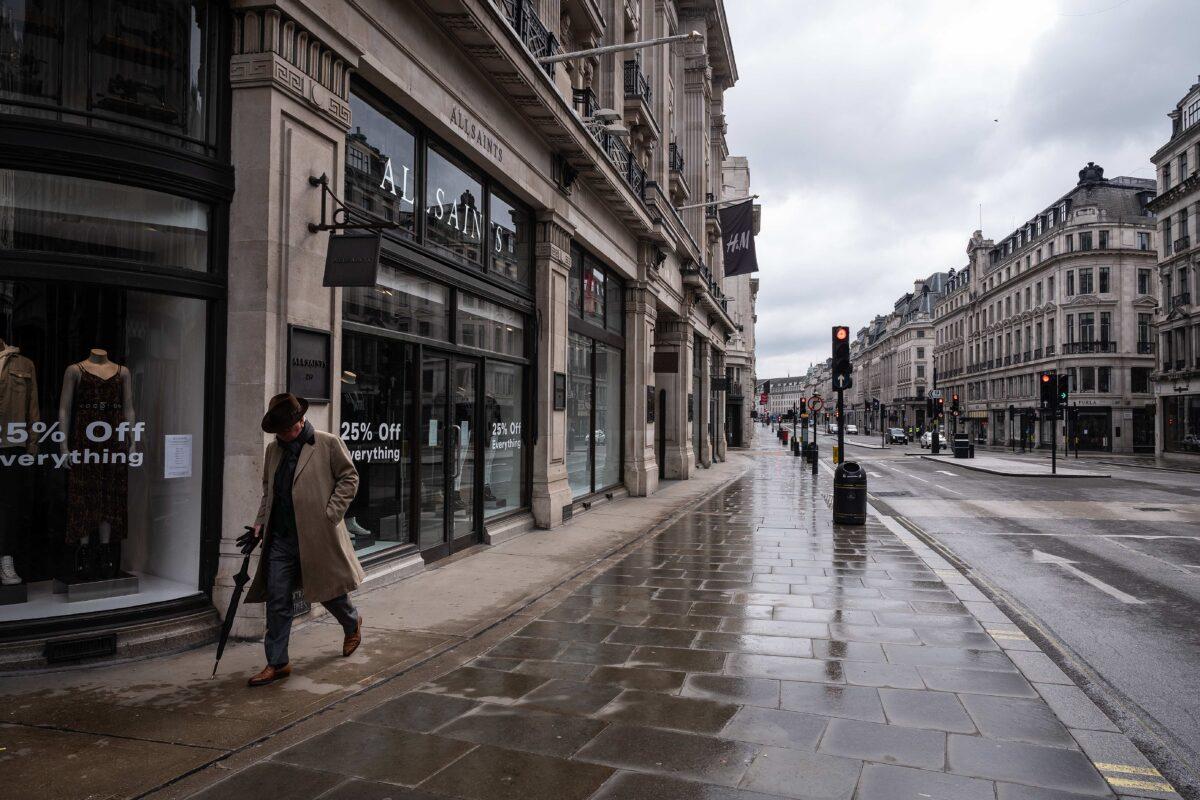
Lockdown Was ‘a Terrible Thing’
He said that lockdown was “a terrible thing” and that it was important that people understood why they were being asked to do it, claiming it was “an altruistic thing” for younger and healthier people to agree to put their lives on hold to “protect others.”He told the inquiry the UK had put research into many other illnesses on hold as it became a “world leader” in COVID-19 research.
“That came at a price, and the price was that we were extremely ruthless about the number of studies we supported,” he said.
Whitty said that investment in research was vital to protect the nation from the effects of “a future pandemic.”
He was questioned on behalf of the charity MIND as to why the UK’s pandemic preparedness strategy had not had policies in place to safeguard the nation’s mental health, particularly given the toll that lockdowns inevitably took on children and young people.
“The pandemic planning had many areas where we had gaps in our capacity,” he said, adding it was important to differentiate between “a plan and a capability.”
He said that lockdowns were never “part of the plan” and so it would have been “tricky” to prepare for their consequences, including the mental health impact.
Whitty agreed the COVID-19 era had “accelerated” the rise in children and young people suffering mental ill health, particularly eating disorders, and said that it remained to be seen if this would revert back to the pre-2020 trend line.
He called on the government to do more to tackle “health inequalities” because he said data show that poorer people and those from ethnic minority backgrounds had higher rates of mortality from the virus.
Whitty said that he did not challenge the World Health Organisation (WHO) over a Twitter post it put out shortly after it declared a pandemic, in which it said it was a “fact” that COVID-19 was not an airborne virus.
He said, “Among the very large number of things I was trying to do at this moment in time, trying to get WHO to retract a past tweet didn’t seem to me one of my roles.”
He added that he didn’t think Twitter was “a very good medium for putting forward really difficult science.”
The inquiry continues.
